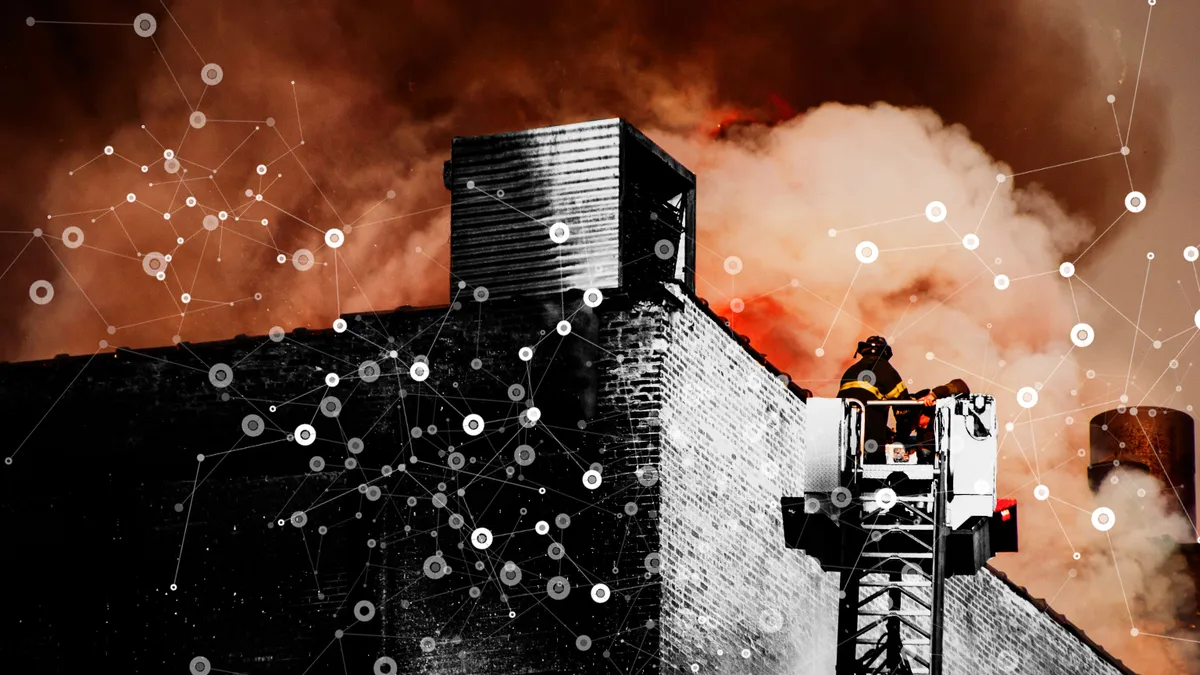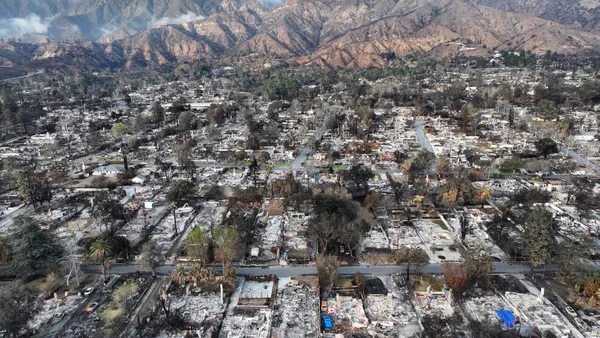Dive Brief:
- Officials in the Texas cities of DeSoto and Lancaster blame hackers for emergency warning sirens sounding continuously one early morning last week.
- The sirens began blaring around 2:30 a.m. and continued until sometime after 3 a.m., according to multiple local news reports. The siren systems were not operational after they were hacked.
- Both cities have launched investigations into the incidents, reports KDFW.
Dive Insight:
The hacks occurred during a week when North Texas was experiencing severe storms, and just days before its hack, DeSoto issued social media notifications to residents saying that they were going to start testing sirens with severe weather season approaching. The day after the malfunction, the National Weather Service issued a severe thunderstorm warning and citizens were told to seek shelter, and the weather delayed the sirens from returning to normal function. Had the storm intensified to a tornado and the sirens hadn't been functioning because of the hack, communities could have faced serious danger.
This incident bears a strikingly resemblance to an event in Dallas two years ago when hackers set off all of the city's 156 emergency sirens around 1:20 a.m. That system remained down for days. In a similar vein, Baltimore's 911 dispatch system was hacked last year and took 17 hours to restore. The city was able to switch to "manual mode," but the compromised system still put the community at risk.
The New York Times reported in 2016 that city infrastructure hacks are on the rise. Other experts have echoed similar sentiment, and emphasize the importance of cities upgrading their aging infrastructure and related security measures, as society increasingly becomes digitally advanced.
Dallas reportedly performed an audit and then encrypted its emergency siren system following its attack two years ago. Systems that aren't properly encrypted can fall victim to savvy hackers relatively easily because of the type of radio signals the sirens use, experts warn. The systems' reliance on radio signals also makes it difficult to track down who sent an interfering signal, although Lancaster's statement about its attack noted that hacking a public warning system "is a criminal act and those responsible are subject to arrest and prosecution."











